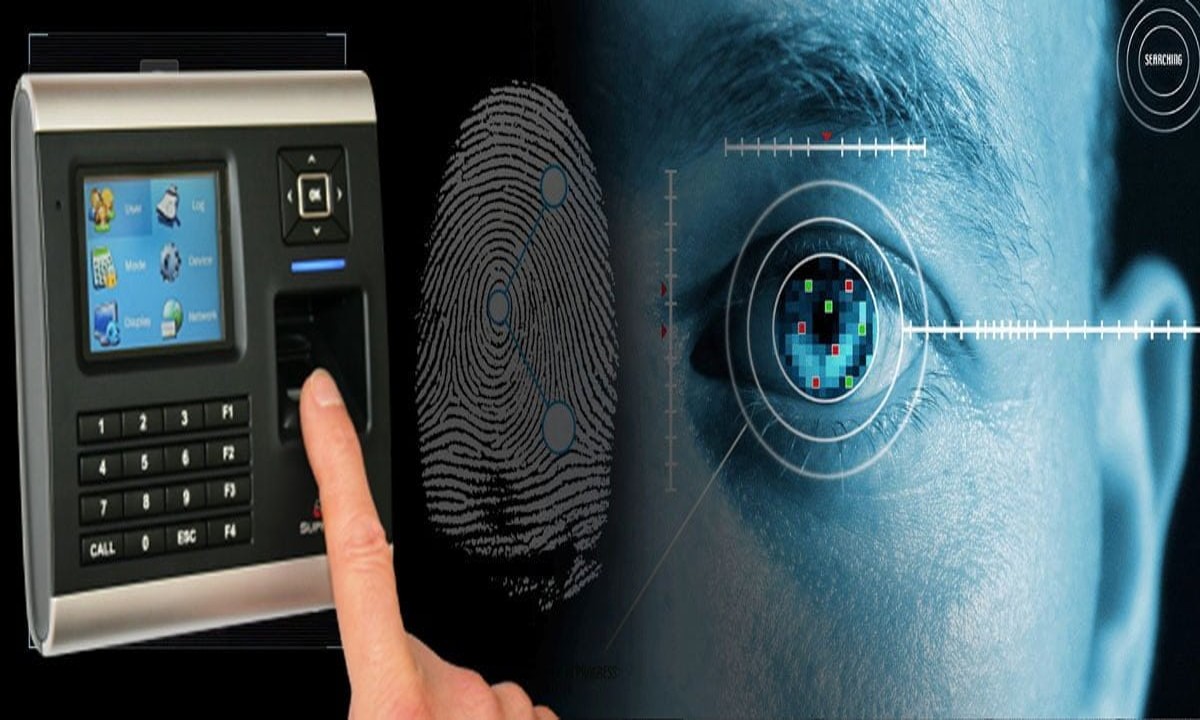
Why Visas Are Rejected After Biometrics
Biometrics have become an integral part of the visa application process, providing a layer of security and authenticity verification for governments worldwide. However, it’s not uncommon for visas to be rejected even after applicants have undergone the biometric data collection process. In this article, we will delve into why visas are rejected after biometrics.
Incomplete Or Inaccurate Documentation
One of the primary reasons for visa rejection post-biometrics is incomplete or inaccurate documentation. Biometrics alone cannot determine an applicant’s eligibility for a visa; they merely provide a part of the puzzle.
If the supporting documents, such as bank statements, invitation letters, or employment records, are missing or contain discrepancies, the application is likely to be rejected. Therefore, it is crucial to ensure that all required documents are submitted promptly and accurately.
Inconsistent Information
Another common reason for visa rejections after biometrics is inconsistent information provided in the application. Discrepancies between the information provided in the visa application form, supporting documents, and what is revealed during the biometric process can raise red flags.
Inconsistencies in personal details, travel history, or employment records may lead immigration authorities to question the applicant’s credibility, potentially resulting in a visa denial.
Previous Visa Violations
Visa rejections can also stem from a history of visa violations. Suppose an applicant has previously overstayed a visa, worked without authorization, or violated the terms of a previous visa. In that case, immigration authorities may view them as a potential risk for non-compliance and deny their current visa application, even after biometrics.
Criminal Background
Criminal records are a significant factor in visa processing. Applicants with a history of criminal convictions, particularly for serious offences, are likely to face visa rejections after biometrics. Immigration authorities prioritize security and may consider individuals with criminal backgrounds as potential threats to public safety.
Health Concerns
Health-related issues can also lead to visa rejections. Some countries have stringent health requirements for visa applicants, and if an applicant’s biometrics reveal certain health conditions or diseases that pose a public health risk, the visa may be denied. Additionally, applicants who fail to undergo required medical examinations or vaccinations as part of the visa application process may face rejection.
Read more related: What Will Happen If You Overstay In Schengen Zone
Financial Insufficiency
Financial stability is a critical factor in visa approval. Immigration authorities want to ensure that applicants can support themselves during their stay and are unlikely to become a burden on the host country’s social welfare system.
If an applicant’s financial documentation, such as bank statements or sponsorship letters, does not demonstrate sufficient funds to cover their expenses, the visa may be denied, irrespective of biometric data.
Intent To Return Home
Visa officers assess an applicant’s intent to return to their home country after the visa expires. If an applicant cannot convincingly demonstrate strong ties to their home country, such as a stable job, family, or property ownership, they may be deemed a potential overstay risk. Even after biometrics, if an applicant fails to establish their intent to return home and a valid return ticket, their visa application may be rejected.
Misrepresentation Or Fraud
Misrepresentation or fraud in the visa application process is a grave offence that can result in visa rejection and even bans from future applications. Biometrics can reveal inconsistencies in an applicant’s identity, which may raise suspicion of fraudulent activities. Providing false information, counterfeit documents, or using someone else’s biometric data can lead to severe consequences.



